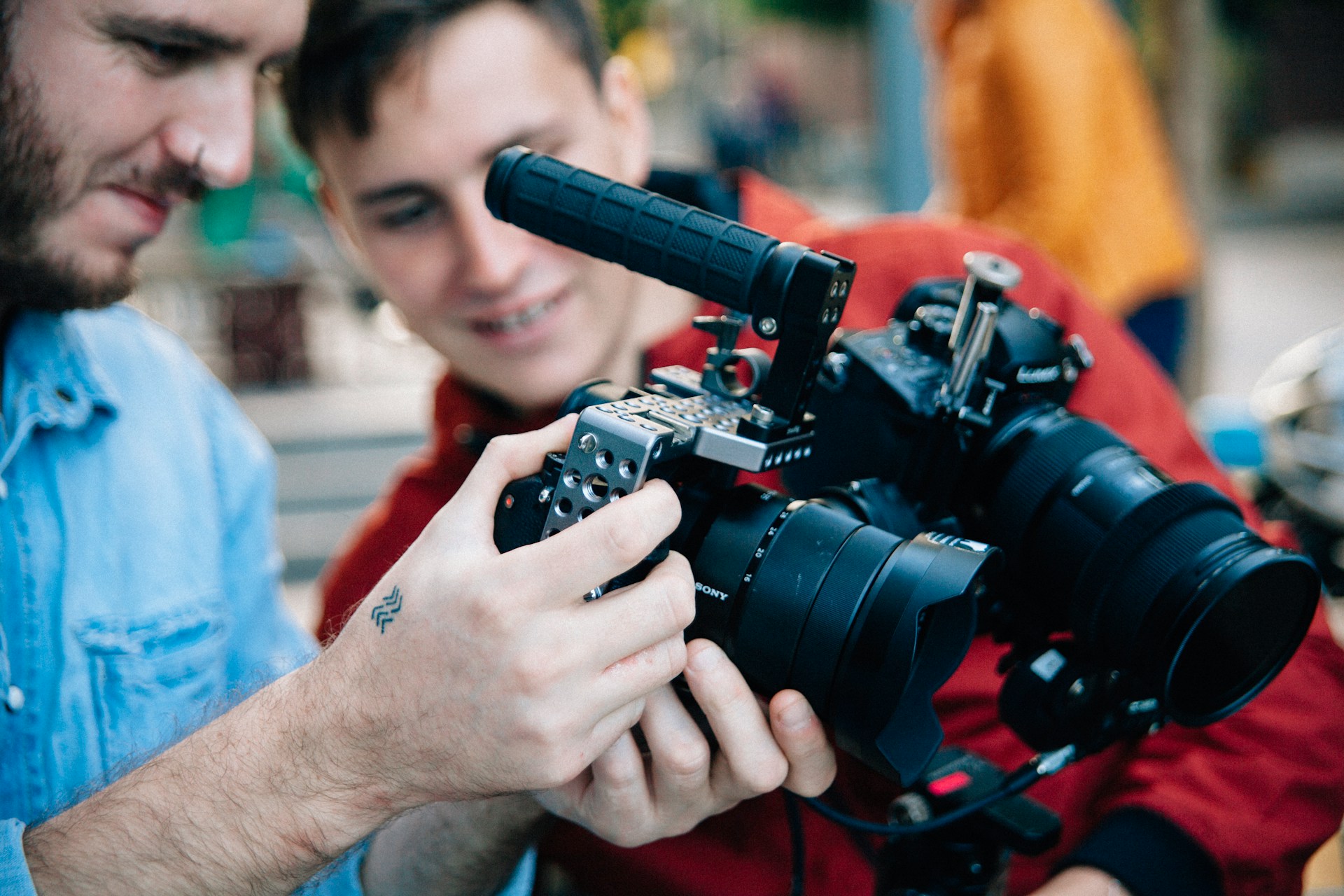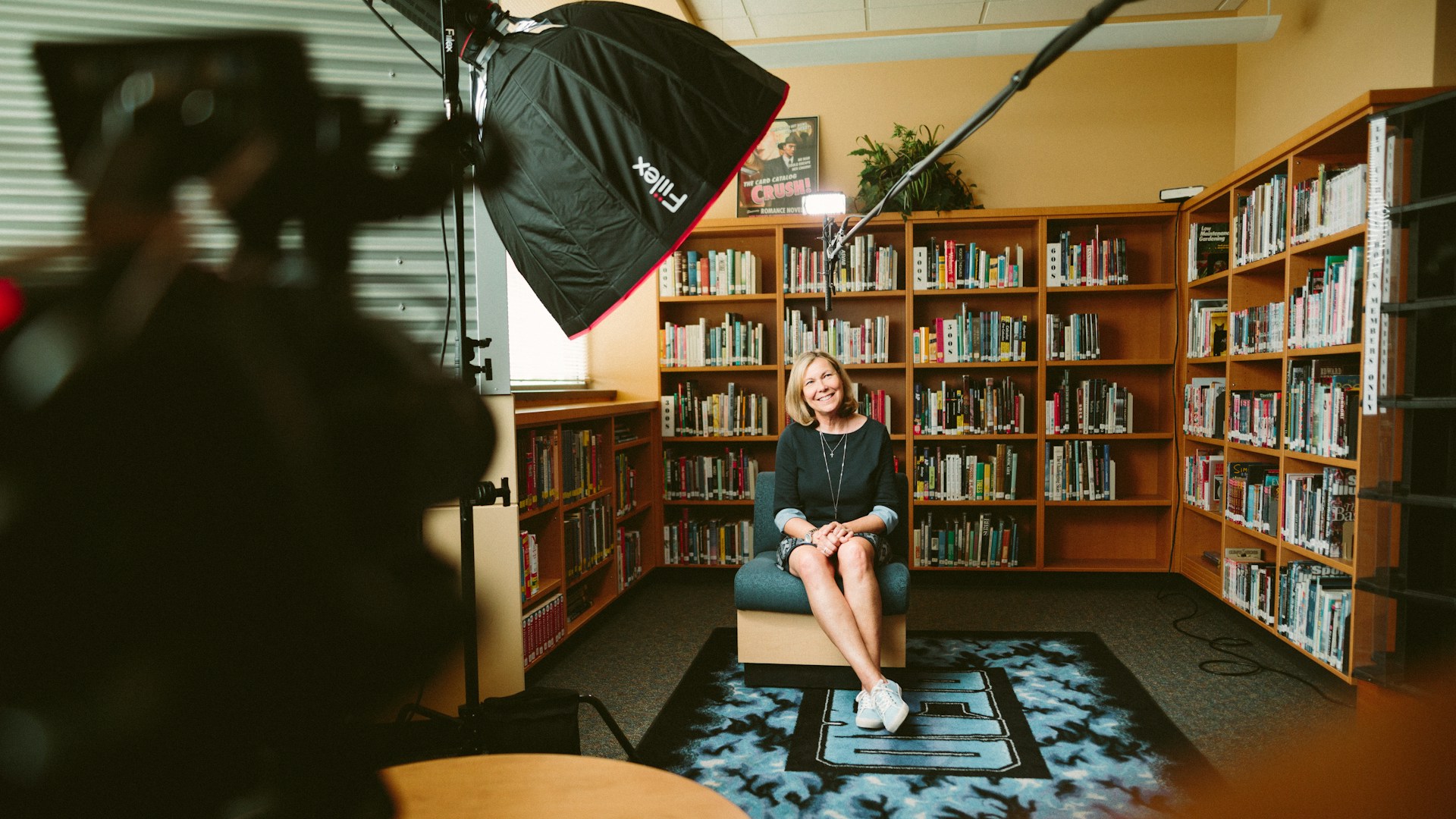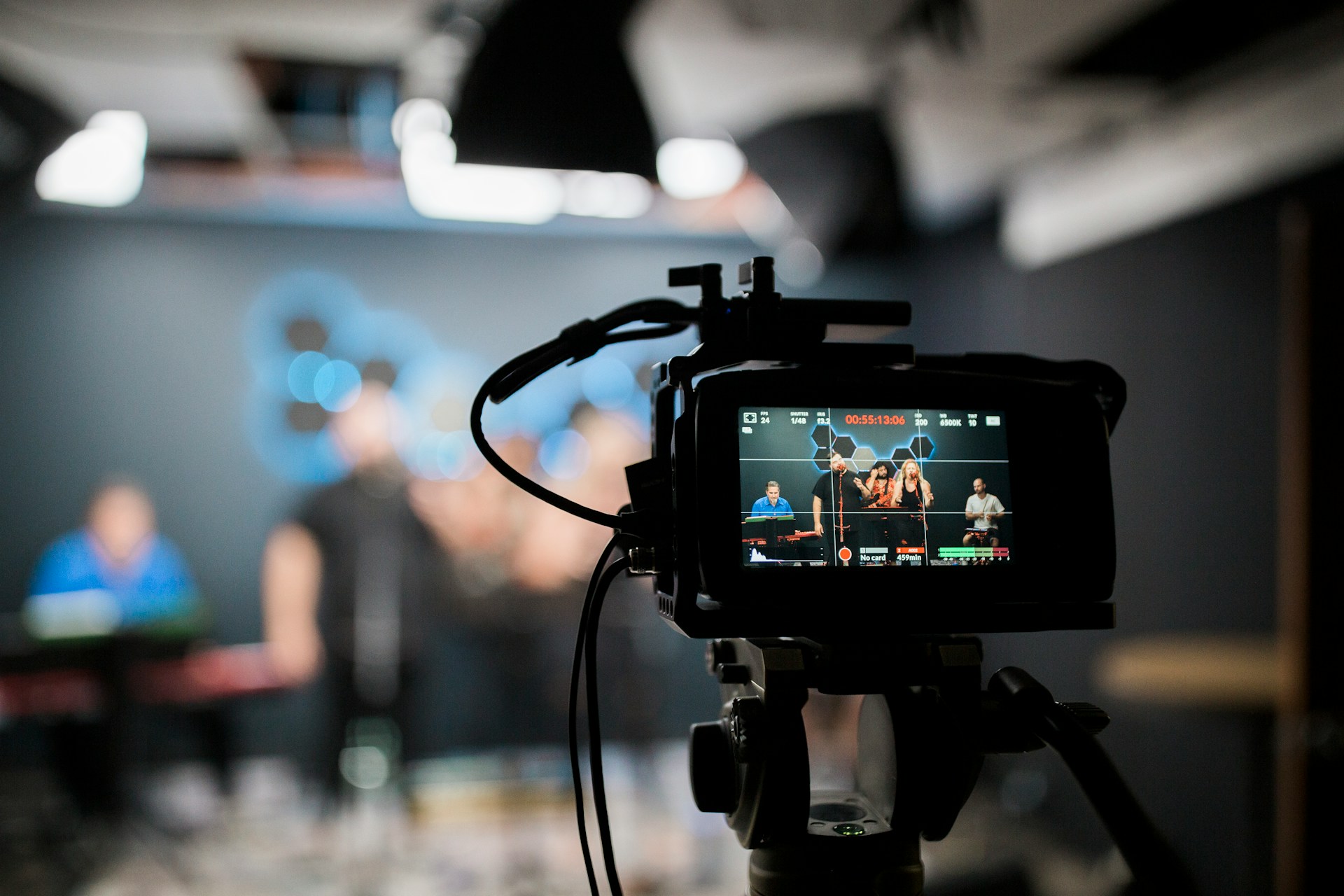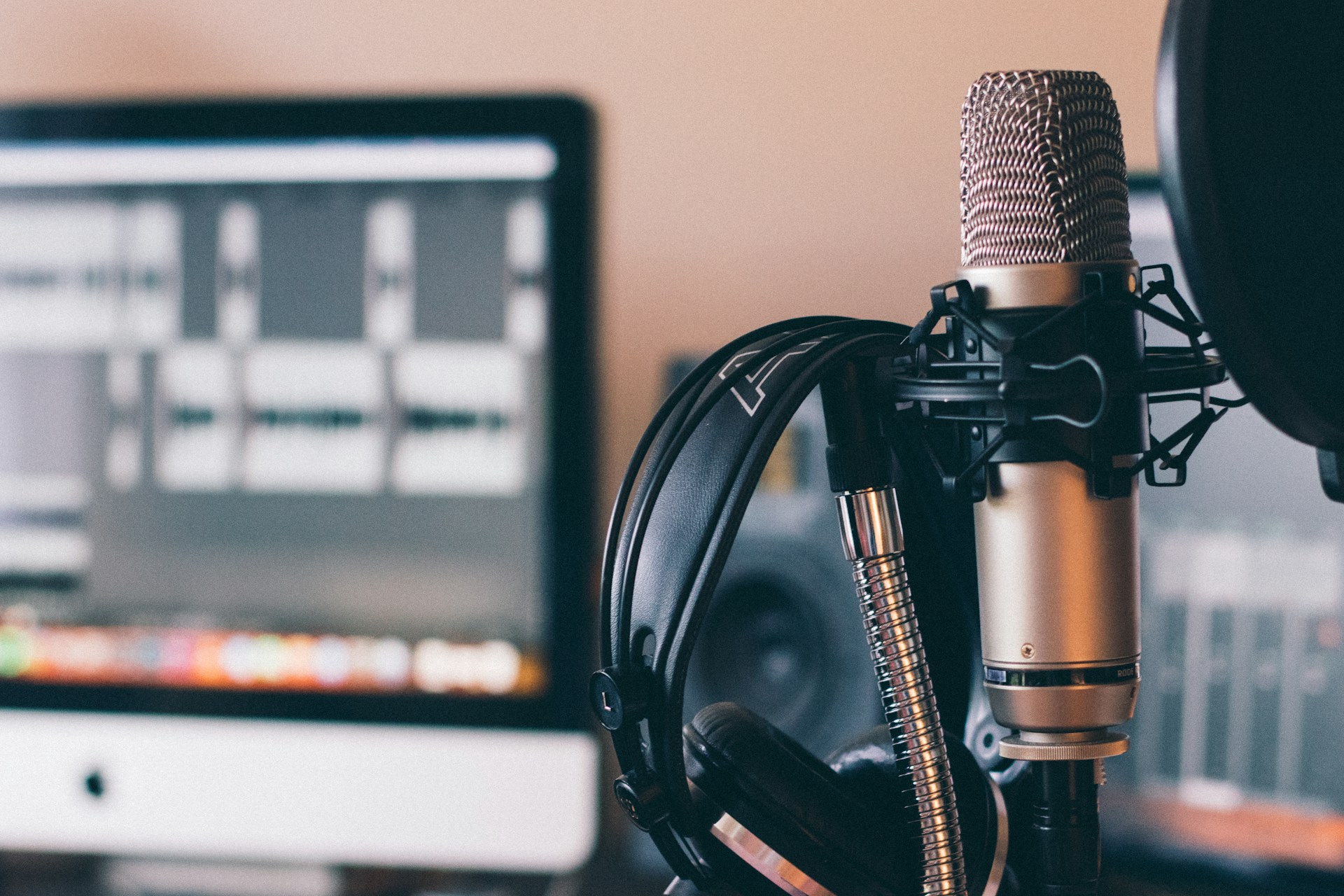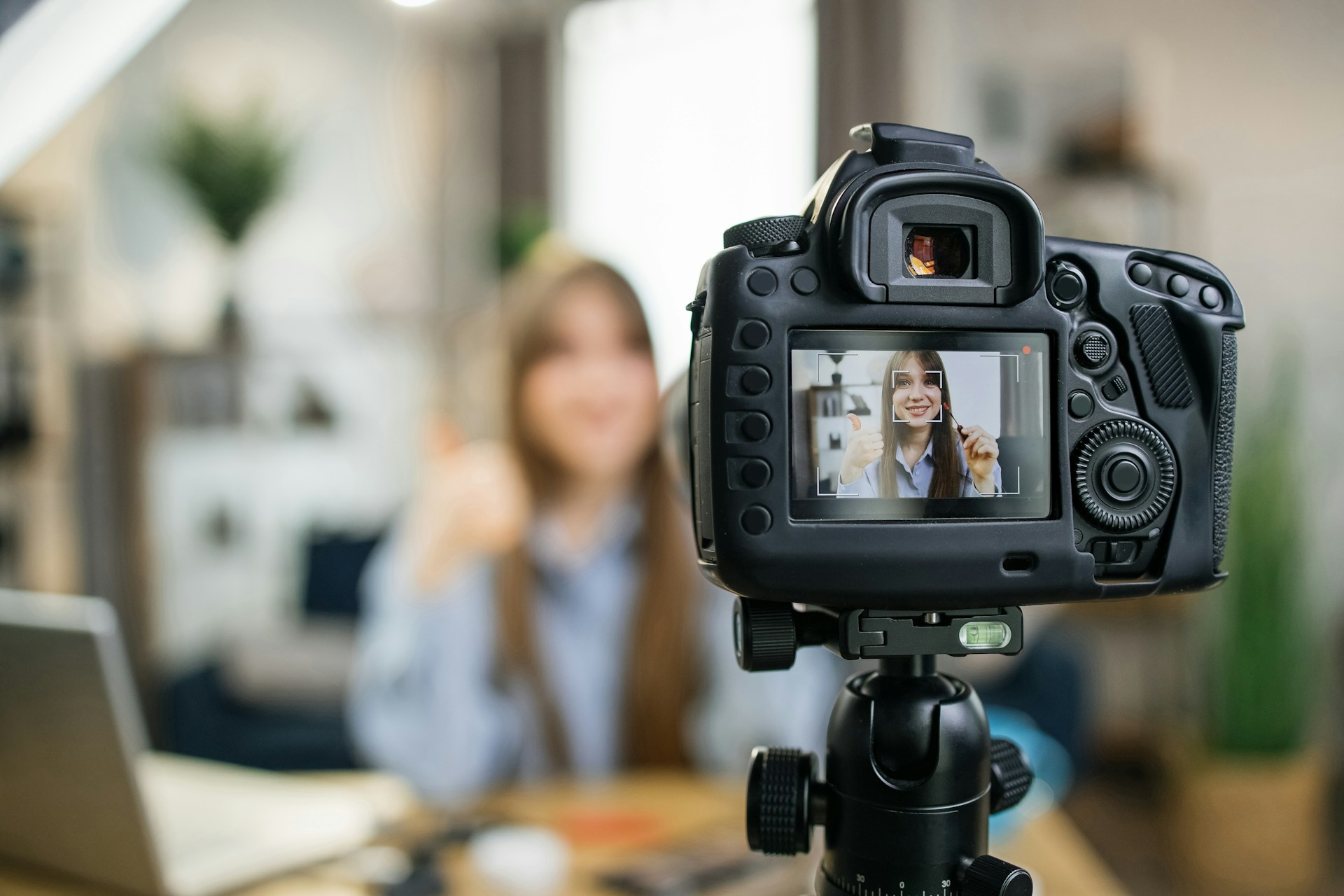Welcome to the exciting world of podcasting! Whether you’re an avid listener or a curious creator, podcasting offers a fantastic way to share stories, ideas, and information with a global audience. The allure of starting your own podcast resides in the opportunity to connect with people who share your interests, regardless of where they might be. If you’re new to podcasting, getting started might feel a bit overwhelming. However, understanding some basics can help you find your footing.
A key element to producing a successful podcast is making sure your recordings are clear and engaging. Good audio quality is crucial because if listeners can’t hear you clearly, they’ll likely tune out. By learning some practical tips on equipment selection and recording techniques, you can focus more on your content and less on technical hurdles. Let’s explore some key points that will help you set up your podcasting journey with confidence.
Choosing the Right Equipment
When it comes to podcast recording, having the right equipment can make a significant difference. The good news is you don’t need to break the bank to get started. Here are the basics to consider:
1. Microphone: This is the most crucial piece of equipment. A good-quality microphone ensures your voice is captured accurately. While professional mics can be pricey, there are plenty of affordable options that offer excellent sound quality. Look for condenser microphones if you’re recording in a controlled environment, or dynamic microphones if you’re in a less acoustically treated space.
2. Headphones: Investing in a comfortable pair of headphones is wise. They help you monitor your recordings and catch any background noise or distortion. Over-ear headphones are often preferred for their sound isolation.
3. Audio Interface: If you decide to use an XLR microphone, you’ll need an audio interface to connect it to your computer. This device enhances the sound quality and offers better control over your recordings.
4. Pop Filter: This small, inexpensive accessory is placed in front of your microphone to reduce unwanted popping sounds from plosive consonants like “p” and “b.”
When selecting your equipment, aim for gear that is user-friendly and suits your budget. Try reading reviews or watching tutorials online to understand what works best for beginners. By starting with the right tools, you’ll find the recording process smoother and more enjoyable.
Setting Up Your Recording Space
Creating the right environment is key to achieving clear audio quality. A quiet, acoustically friendly space will help minimise any background noise that can detract from your podcast. These tips can guide you in setting up an ideal recording spot:
1. Choose a Quiet Room: Start by picking a room that naturally has less external noise. Avoid areas near busy streets or with lots of foot traffic.
2. Soundproofing Basics: Soft materials can reduce reflections and echoes. Consider adding curtains, carpets, and cushions to absorb sound. Bookcases filled with books can also act as a practical sound barrier.
3. Furniture Arrangement: Arrange your furniture and other objects to disrupt sound waves. Placing a chair or sofa strategically can help in diffusing sound effectively.
4. Recording Schedule: Record at times when there’s minimal activity in your surroundings. Early mornings or late evenings are often quieter.
Taking these measures ensures your voice is captured cleanly, offering your audience an enjoyable listening experience.
Recording Techniques For Clear Audio
To capture crisp audio, focus on a few simple techniques. The position of your microphone is essential for optimum sound capture. Aim to keep it about six to twelve inches away from your mouth to avoid distortion while ensuring it picks up your voice clearly. This can vary with the type of microphone, so a little experimentation might be needed.
Consistency is king when it comes to sound levels. Make sure your voice remains steady during recording. Practising speaking steadily can help here. Your posture also plays a role; sitting upright encourages better voice projection.
Another element to watch out for is echoes and reverb. Guard against these by keeping the microphone away from hard surfaces that reflect sound. Try enclosing your recording area slightly with soft fabric pieces to absorb excess sound reflections.
With these methods, your recordings should sound professional and be a pleasure to listen to.
Editing For A Professional Touch
Editing is where the magic happens. To refine your recordings, you’ll need some basic editing software. Many user-friendly options are available that don’t require a steep learning curve. Look for features that simplify tasks like cutting segments and adjusting volume levels.
When editing, focus on removing any long pauses, ums, and unwanted noises to keep the listener’s attention. Fading transitions between segments can also make your podcast more fluid. While editing, do a final check to ensure the audio levels are balanced throughout the episode for the best listening experience.
Even if you’re new to editing, starting with these basic adjustments can make your recordings sound polished and professional.
Practice Makes Perfect
Like any skill, podcasting improves with practice. Doing practice runs helps you get familiar with your equipment and develop your speaking style. It can be helpful to listen back to your recordings with a critical ear, noting areas for improvement like pacing and clarity.
While reviewing, consider how you can enhance your content, perhaps by rephrasing sections or tweaking the delivery. It’s a learning process, so don’t hesitate to experiment. Over time, as you gain comfort and confidence, your podcasting skills will flourish.
Wrapping Up Your Podcast Recording Journey
Recording a podcast can seem complex, but breaking it down into manageable steps makes it more approachable. Focusing on the essentials, from choosing the right equipment to refining recording and editing techniques, allows you to produce quality content without getting lost in technicalities.
Your journey to creating engaging podcasts is unique and will likely evolve with time. Keep exploring ways to improve and enjoy the process of sharing your voice and stories with the world. Engage with other podcasters, seek feedback, and embrace new ideas as you grow in your podcasting skills.
With dedication and the right approach, turning your passion into captivating episodes becomes an exciting possibility.
Ready to bring your podcast ideas to life? Discover the support you need with On Air’s expert guidance in podcast recording. Dive into our resources to enhance your audio production, ensuring your stories reach the audience in the best possible quality. Get started today and transform your passion into captivating content.

